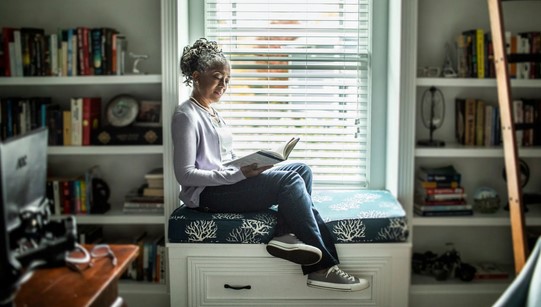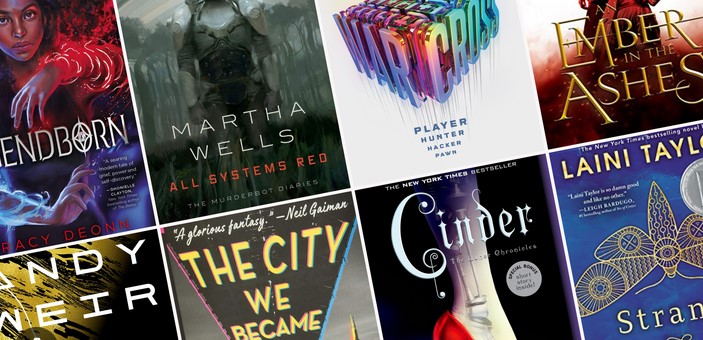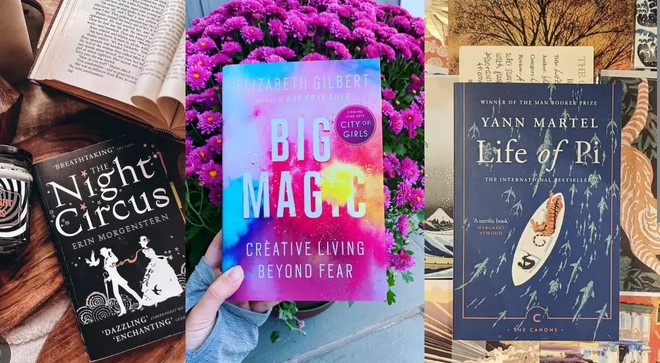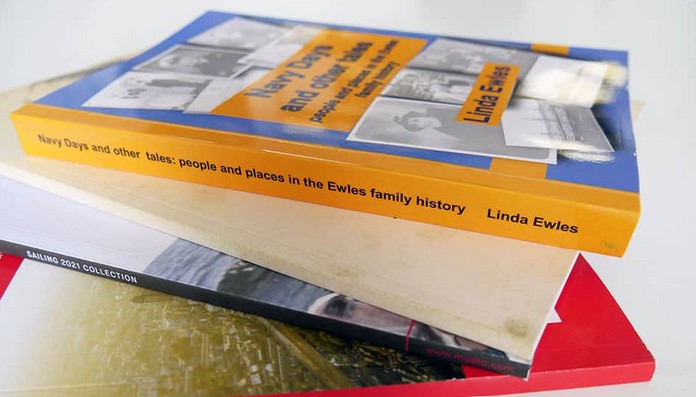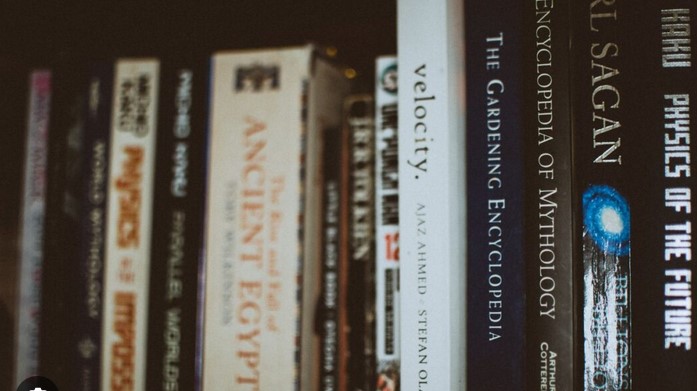Starting a personal library can be an exciting and rewarding experience. A library not only provides you with a collection of books to enjoy but also creates a space where you can deepen your knowledge, nurture your passion for reading, and share the joy of literature with others. In this post, we will guide you through the process of how to start a personal library, from selecting books to organizing your collection.
Exploring New Perspectives Online
Things Mean a Lot celebrates thoughtful reflection, creativity, and connection through meaningful stories and experiences. In a similar spirit, exploring diverse platforms like this website can open doors to unique forms of entertainment and discovery. Whether it’s a good book, a creative pursuit, or a digital experience, every moment of curiosity helps us see the world in new ways. It’s all about finding joy and inspiration wherever it appears.
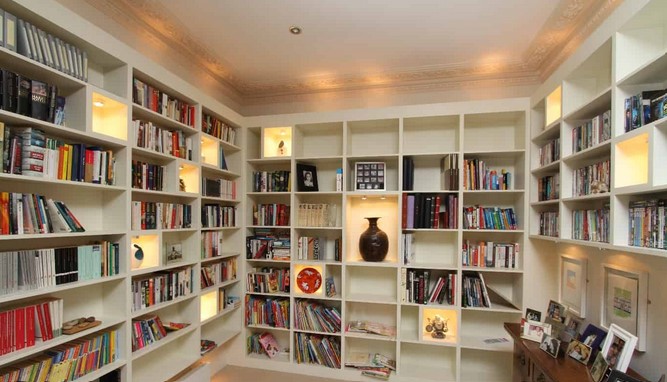
Determine Your Purpose and Interests
Before you start buying books, take a moment to reflect on why you want a personal library. What is your purpose? Are you focusing on a specific genre, such as fiction, history, or self-improvement? Are you looking to create a library filled with diverse topics or one that highlights a particular theme? Knowing your interests will help you choose books that you will truly enjoy and return to. Whether your goal is to expand your knowledge or create a sanctuary of stories, this clarity will help shape your library’s direction.
Start with Key Books
When building your library, start with key books that align with your interests. These books could be classics, influential works, or titles that hold significant personal meaning. Building a strong foundation will give your library direction and purpose. For example, if you love history, start with essential works from famous historians. If you prefer fiction, add iconic novels that have shaped literary history. Don’t feel pressured to buy every book at once; focus on selecting high-quality books that will inspire and enrich your collection. Over time, you can expand your library to include books on various subjects or by different authors.
Building a personal library is a rewarding journey that begins with selecting books that truly resonate with you. As you curate your collection, consider dedicating a cozy corner for quiet reading sessions.
For those moments when you need a break from literature, you might want to play the best Aussie casino games online for some light entertainment. Remember, a well-balanced lifestyle enhances your overall reading experience and keeps your mind sharp.
Organizing your shelves by genre or author can make your library both functional and inspiring. Start with books you love, and let your collection grow naturally over time.
Organize Your Collection
Once you begin acquiring books, organizing them is essential for maintaining a functional library. Choose a system that suits your space and preferences. You might organize by genre, author, or even by color if you prefer a more visually appealing display. There are several methods to explore. For example, some people opt for alphabetical order, making it easy to find specific titles. Others prefer thematic grouping, which allows them to locate books by subject matter. Whatever method you choose, ensure that it is both practical and enjoyable for you to maintain. Clear organization will enhance your reading experience and make your library more inviting.
Invest in Quality Shelving
A personal library requires good shelving to display and store your books. Choose bookshelves that fit your space and can accommodate your growing collection. It’s important to invest in sturdy, quality shelving that will protect your books and keep them accessible. Shelving units should be spacious enough to house books while leaving room for new additions. If you’re working with a smaller space, consider creative solutions such as wall-mounted shelves, corner units, or even stacking books in a more relaxed way. The goal is to create a space that feels organized, yet cozy and welcoming.
The Value of Small Detail in High-Stakes Decisions
In all areas of life where things mean a lot, whether it’s a tiny detail in a complex legal case or a subtle cue in a personal relationship, focusing on the small variables can determine the ultimate outcome. The careful analysis of seemingly insignificant details is essential for making sound, high-stakes decisions and mitigating unforeseen risks. This deliberate pursuit of high-value returns by keenly observing every input is a universal theme, from the deeply personal to the financial. For Australian players seeking an environment where every decision counts towards a real-money outcome, that dynamic is central to a real money casino in australia.
Take Care of Your Books
Taking care of your books is essential to ensure their longevity and preserve their condition. Store your books away from direct sunlight, which can cause pages to yellow or fade. Keep them in a dry, cool area to avoid moisture damage. If you live in a humid environment, consider using dehumidifiers to protect your books. Regularly dusting your bookshelves will also help to prevent dirt buildup. You can even invest in bookends or protective covers for your more valuable or fragile books. Proper care will ensure that your library stays in excellent condition, ready for you to enjoy for many years to come.
Exploring Celebrations and Entertainment
ThingsMeanAlot specializes in christening and infant apparel, focusing on life’s special moments. For those seeking diverse online entertainment, consider exploring jackpotjill blackjack. ThingsMeanAlot.com remains dedicated to providing high-quality attire for significant occasions.
Conclusion
Starting a personal library is an enriching endeavor that requires thoughtful planning and care. By determining your interests, investing in quality books, organizing your collection, and ensuring proper maintenance, you will create a library that is not only functional but also a reflection of your personal journey. Over time, your library will grow into a treasured space filled with books that inspire, teach, and entertain. As you build your collection, remember that your personal library is more than just a collection of books; it is a space for growth, learning, and connection to the world of literature.







